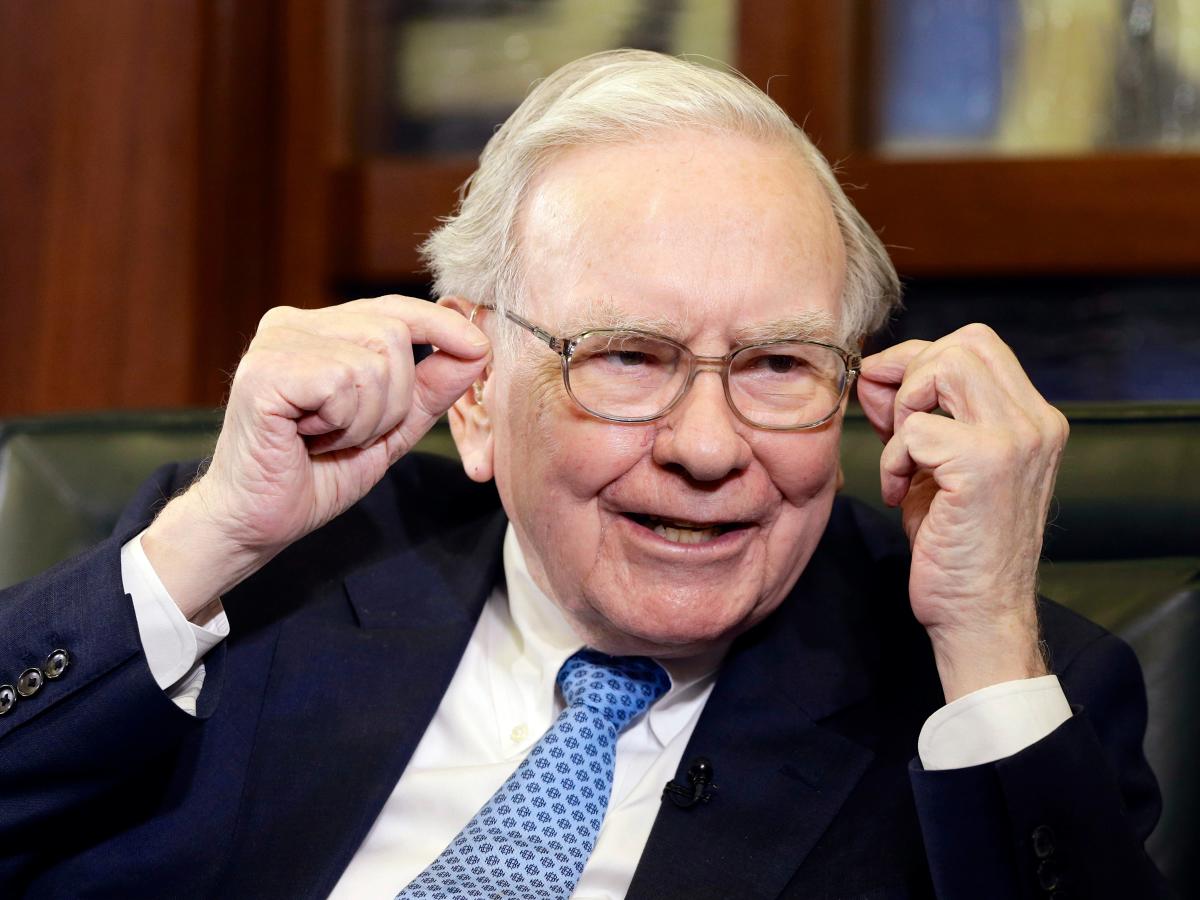
-
Warren Buffett and Elon Musk find value in the same type of business.
-
Buffett likes toll roads that give him monopoly power and the ability to easily raise prices.
-
Musk wields significant influence by tackling bottlenecks like electric car charging and space transportation.
Warren Buffett and Elon Musk work together different ends of the risk spectrumbut they are drawn to similar kinds of businesses: toll roads and bottlenecks.
Toll
Buffett, the world famous investor and CEO Berkshire Hathawayhe’s been dreaming of charging people for access since he was a kid.
“All this traffic,” he once said to a friend’s mom about the endless cars that drove past her house, according to the book “Buffett: The Making of an American Capitalist” by Roger Lowenstein. “What a shame you don’t make money off the people who pass you by.”
Buffett also told his friends that owning a city’s only newspaper is like controlling its only bridge, as readers and advertisers have no choice but to pay fees.
Years later, one of Buffett’s companies owned a 24% stake in the Detroit International Bridge Company, the only public company in the country with a toll bridge. He also highlighted toll roads among the specific assets he wanted to buy in his Buffett partnership speeches in the 1950s.
A friend of Buffett’s and a former Berkshire manager, The late Sandy GottsmanHe was once quoted in a newspaper as saying, “Warren likens owning a monopolistic or market-dominant newspaper to owning an unregulated toll bridge. You have relative freedom to increase prices when and as much as you like.”
“I’m not going to fight with that characterization,” Buffett responded when asked about the quote during a legal battle. “I said in a hypertrophied world that having a toll bridge would be great if it wasn’t regulated.”
“Because you set capital costs,” he continued. “You build the bridge with the old dollar, and when there’s inflation, you don’t have to keep replacing it — the bridge you only build once.”
The investor has extended his love of toll roads to other companies that dominate their markets, require little capital investment, and can raise prices without losing customers to competitors. Apple, by far the largest holding in Berkshire’s stock portfolio, is one such example as its strong brand enables it to raise prices every year, taking a cut of almost all purchases on its App Store.
“Buffett’s got a toll road, and it’s the best toll road ever built, iPhone,” Bill Brewster, Berkshire contributor and host of “The Business Brew” podcast, says. He said last year.
Control bottlenecks
Elon Musk also understands the value of owning and restricting access to scarce resources or infrastructure.
Bill Cohan said during a. “He likes to control jams.” finale episode From the “On with Kara Swisher” podcast. “He’s very good at figuring out what these things are and then exploiting them,” added the author and journalist.
Cohan was commenting on a Recent New Yorker article This underscores how reliant the US government is on Musk’s infrastructure, whether it’s charging stations for electric cars, Starlink access for Ukrainian forces, or SpaceX rockets for transportation.
Targeting chokepoints has been a staple of Tesla’s strategy for years.
“By investing in batteries — producing them on a large scale and in better ways — Tesla is betting that it will capture the bottleneck, and therefore the profit center, for the future of the industry.” – Nathan Fore and Jeff Dyer. books In Harvard Business Review in February 2020.
Professors said Musk recognized that batteries were a major determinant of electric cars, and that developing superior batteries could give him a significant competitive advantage in the emerging industry. They also highlight Musk’s investment in electric vehicle charging networks as an attempt to address the persistent bottleneck of long-distance driving, and a way to give Tesla another advantage over other electric cars.
The serial entrepreneur still thinks along the same lines. When User X posted earlier this year that typing was the “biggest bottleneck to human progress,” Musk said: He replied In one word: “Neuralink”. He was suggesting that his startup, which focuses on building a brain-computer interface, could replace typing as a means of entering information.
Shared values
Buffett seems to like toll methods because they are a simple, safe, and reliable way to make money. Musk seems drawn to bottlenecks because addressing them enables technological advances and gives him enormous leverage — whether he has to build better batteries, charging grids, reusable rockets, communications satellites, mind-control devices, or something else.
However, it is clear that both men understand the enormous value of scarce resources and access routes, and the power they give to whoever controls them.
Read the original article at Business interested
